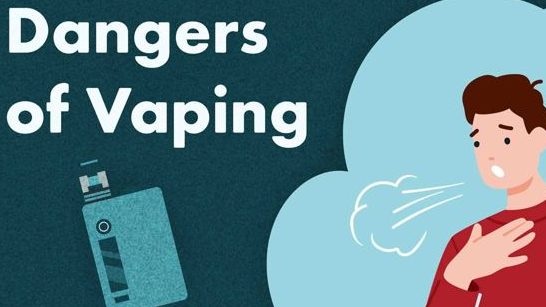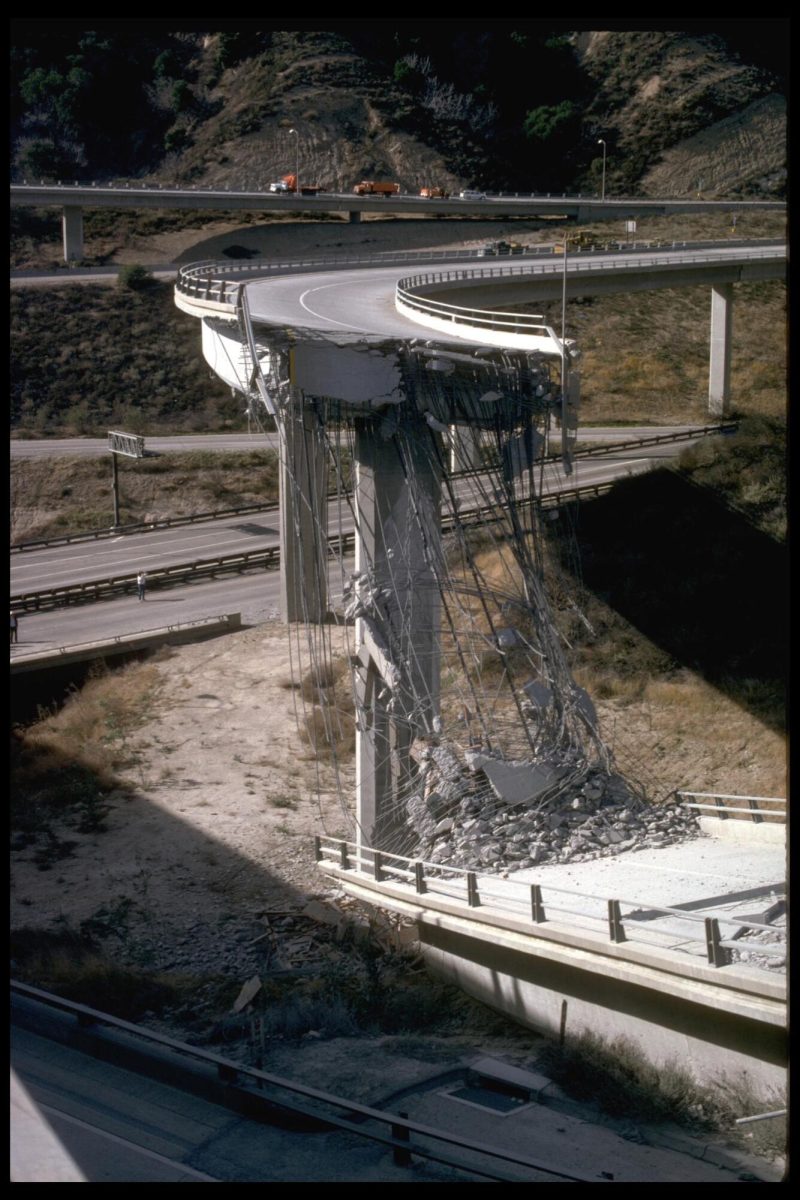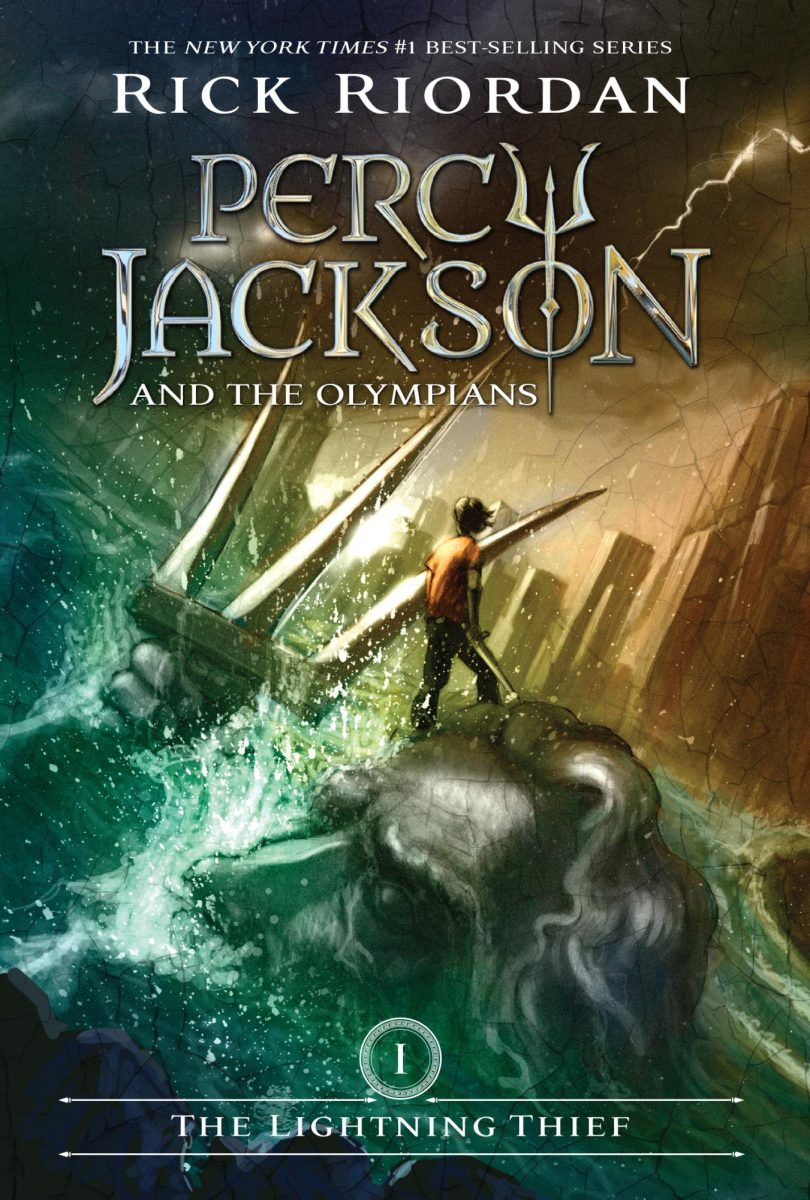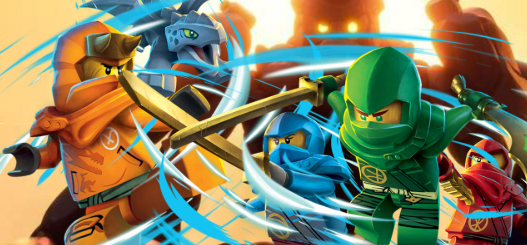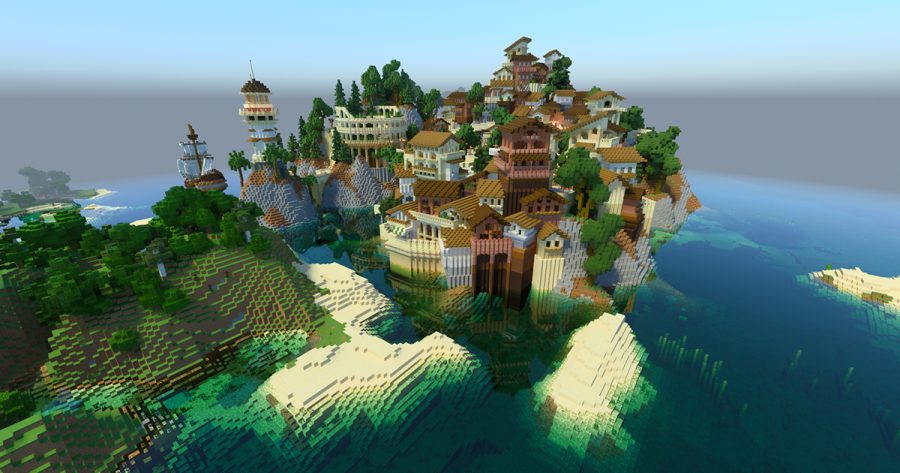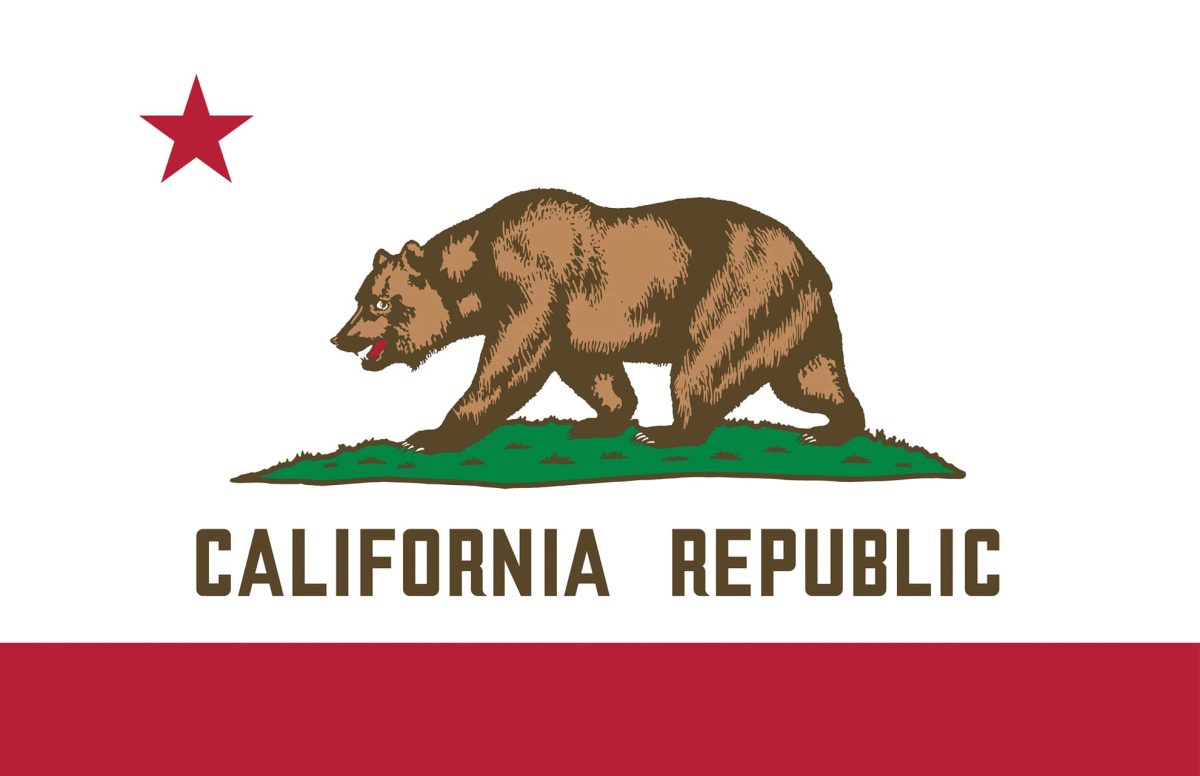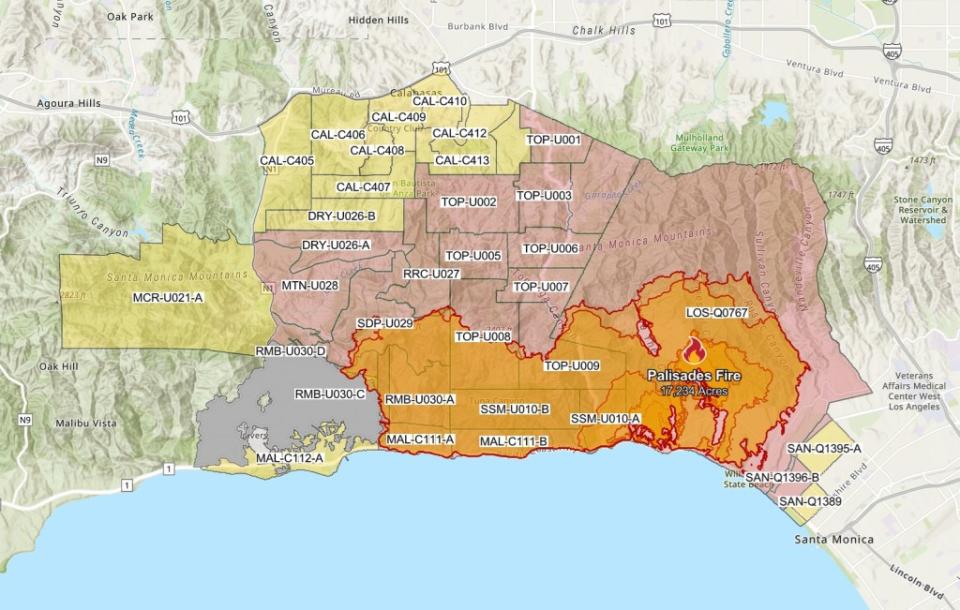China and Taiwan Conflict
September 14, 2022
Recently, tensions have been high between China and Taiwan. News stations have covered the dispute many times, and countries like the United States have already shown which side they support.
A Brief History:
Taiwan, officially named the Republic of China (ROC), is an island about 100 miles southeast of China. It is part of a list of US-friendly territories called the “first island chains” that are extremely important to US foreign policies.
The conflict is said to have started around the 17th century during the Qing Dynasty when China “claimed” the country. China proceeded to give the island up to Japan in 1895 after losing in the first Sino-Japanese war. After World War ll in 1945, China took the island back. Then, in 1949 there was a civil war in China between communists (Zhongguo Gongchan-Dang) and nationalists (Kuomintang). The communists took control in Beijing and the nationalists fled to Taiwan where they ruled for several decades.
China points to this history and says that Taiwan was originally a Chinese province and always will be, seeing as the nationalists were Chinese. Taiwan points to the same account and argues that they were never actually part of Modern China, which was formed in 1911, 34 years before China took back Taiwan from Japan.
The nationalists – or Kuomintang – have been a prominent part of Taiwanese history and have ruled the island for a significant part of their history. Despite having their government and own way of running things, only 13 countries (and Vatican*) recognize Taiwan as a sovereign country. China puts a great amount of pressure on other countries to not recognize or do anything that implies recognition of the island.
Recent Conflict:
While the conflict never was fully resolved, relations had become increasingly better in the 1980s after Taiwan eased up the rules on visits and investment in China. After China proclaimed that the war with the People’s Republic of China was over in 1991 however, things started to take a turn.
China had proposed a “one country, two systems” contract to Taiwan. If Taiwan accepted, it would mean that China would have
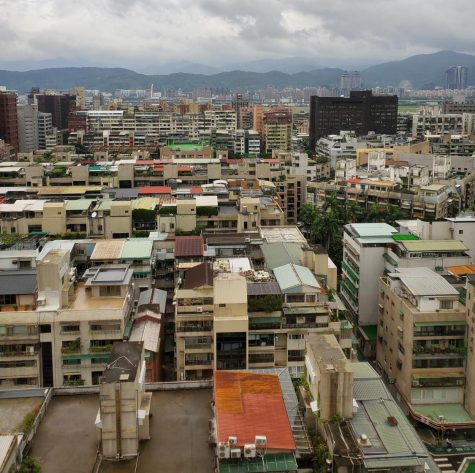
more influence and more say over what happened in the Taiwanese government. Taiwan rejected the offer even after Beijing (the capital of China) insisted that Taiwan’s ROC government was illegitimate.
In 2000, tensions grew even stronger after Taiwan elected Chen Shui-bian as president. Mr. Chen and his party, the Democratic Progressive Party (DPP), had openly supported Taiwan’s independence. With Chen Shui-bian now president, China had an even lower chance of getting Taiwan to sign the contract.
About a year after Chen Shui-bian was re-elected for president in 2004, China passed an “anti-secession law” claiming that China had the right to use “non-peaceful means” if they tried to “secede,” or formally withdraw from the Chinese government.
In 2008, Ma Ying-jeou was elected president. He attempted to improve relations through many economic agreements. These agreements lasted until 2016 when the current president of Taiwan, Tsai Ing-wen was elected. Like Mr. Chen, she was also part of the DPP and also heavily supported Taiwan’s independence. After she was elected for a second term, Beijing publicly claimed that the election had been snubbed. This caused many Taiwanese citizens to start protesting for full freedom.
Defenses and Allies:
If China and Taiwan ever went to war, some don’t know whether Taiwan can defend itself from China. China currently has one of the largest militaries in the world with over 2 million people enlisted. This dwarfs the 169,000 people currently enlisted in the Taiwanese military. This makes many people’s concerns valid.
The US currently is part of the ‘One-China’ policy, which recognizes that there is only one Chinese government (in Beijing). In May of 2022 however, our current president Joe Biden stated that the US would defend Taiwan if the help was ever needed.
With that in mind, Taiwan would probably be able to defend itself from China if it ever came to that. This information is mostly just for the comfort of other countries. In a survey conducted by the Taiwan Public Opinion Foundation, only about 28.1% of the people who took the survey thought that there will eventually be war between China and Taiwan. This pales in comparison to the 64.3% of people who believe that the conflict can be solved without war.




